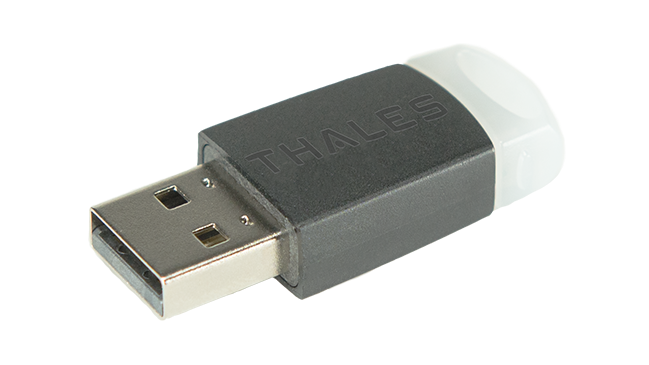Symptom
Using the FDI Package signing tool (stand alone or integrated with FDI Package IDE), the digital certificate that was purchased and installed on the machine is not listed. You are unable to sign the FDI Package.
Solution
First, make sure you are using the most recent version of the FDI Package signing tool.
See FDI Package Signing Tool - A Free Utility for Members
See Finding your digital certificate
Here are some instructions for exporting and then re-importing a certificate with private key to another machine:
https://support.globalsign.com/ssl/ssl-certificates-installation/import-and-export-certificate-microsoft-windows
These directions are the same, no matter which CA is used. I must give caution when exporting the private key. Use a temporary, strong password when exporting and then re-importing. After that, throw away that password and delete the exported file. Do not email an exported certificate with private key. Treat the exported file like a credit card number. It's only used for that one time you transfer private keys.
Private keys are the secrets that must NEVER be shared. If private keys are mistakenly shared, you must revoke the digital certificate with the CA. This will cause all FDI Package that were signed (even in the past) with this certificate to fail future validation. We cannot emphasise this enough. You must protect your private key. FieldComm Group recommends using eTokens to protect private keys.
2. A second, and most common (and recommended) method today is that a key is generate is using a usb token. While it looks like a standard usb memory stick, these usb tokens actually have a mini application that securely protects the private key. Safenet eTokens are common but other manufacturer make them as well. If this is the case, the important thing to know is that the USB token must be connected to the computer to sign the package. These tokens, by design, do no export the private key. Using these tokens typically require 3rd party software, installed on the signing pc. SafeNet authentication client is common, and the software is typically provided by the CA when the digital certificate is provided. Make sure the client is installed and the USB token is inserted. Tokens are protected with a PIN so you will need that to unlock the token. A pin prompt window will appear during the signing process. FieldComm Group always uses eTokens for signing packages and applications.
Example eToken (might look different)

Example Safenet Client Application. In this example, the eToken for FDI Package Signing is plugged into the signing computer. Your token may have a different name.

3. A third, and probably even less common, is using an HSM. To oversimplify, think of an HSM is a more complicated usb token with a lot more features. More than likely, these work over a network. Using these to sign FDI Packages may work, but support for this is not available due to the complexity of the client configuration. An HSM will require IT support on your side. That said, the libraries used in the FDI Package to sign are the same libraries that Microsoft calls in their native (non-cloud) signtool. So, if the HSM is compatible with the native Microsoft Signtool, then it may be compatible with the FDI Package signing tool. But, FCG cannot offer support for this use case.
4. Many Certificate Authorities are now offering cloud based signing using their own web apps and APIs. An example of this is DigiCert's KeyLocker. Sometimes these are referred to as a Cloud HSM. Generally, these are not supported. FDI Package signing is not compatible with Azure KeyVault.
Was this article helpful?
That’s Great!
Thank you for your feedback
Sorry! We couldn't be helpful
Thank you for your feedback
Feedback sent
We appreciate your effort and will try to fix the article